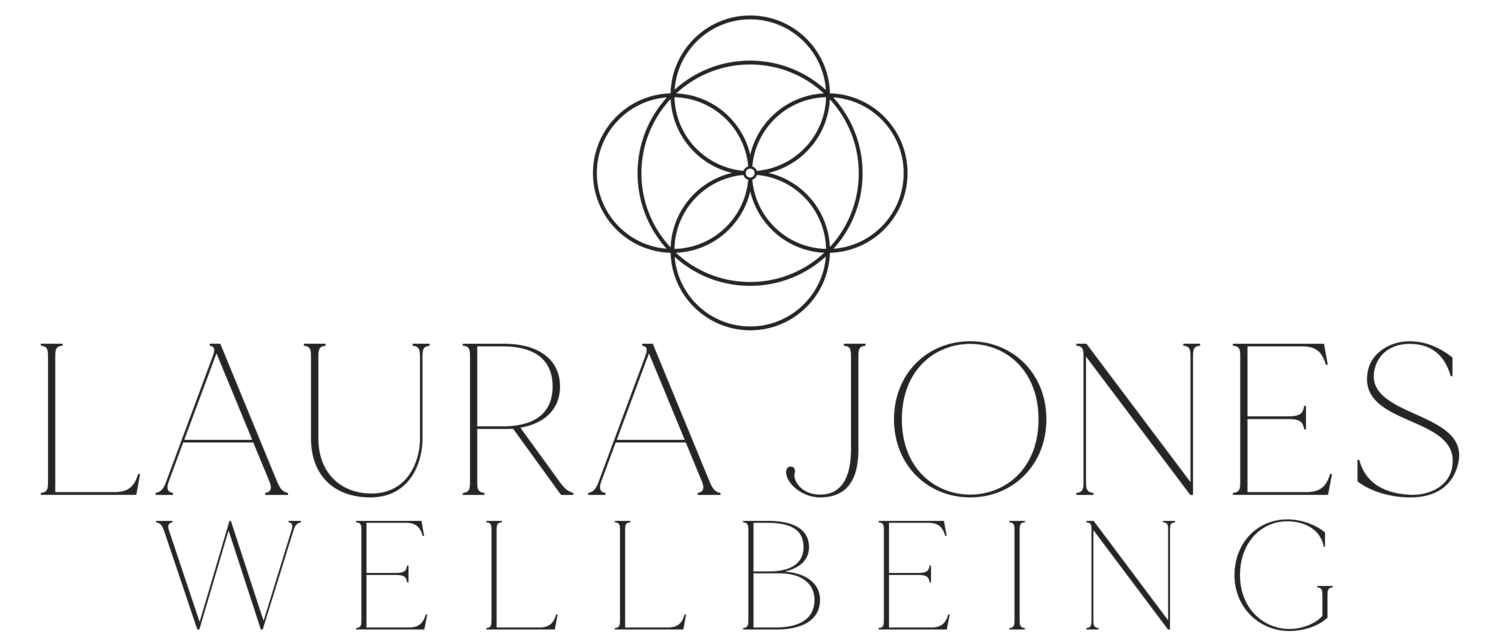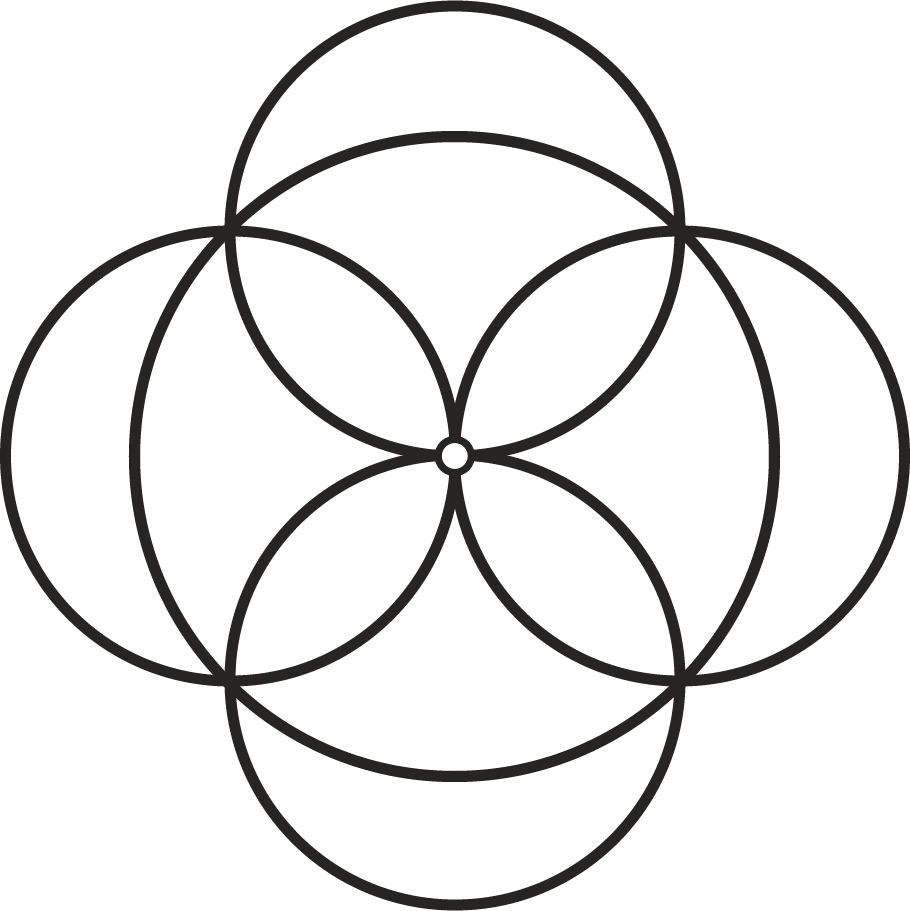
PremenstruaL Syndrome
PMS & Acupuncture
Most women of reproductive age experience at least mild premenstrual symptoms at some time in their lives (O’Brien 1987). However, around 2–10% of women have premenstrual symptoms that severely disrupt daily living (O’Brien 1987, DTB 1992, Wittchen 2002). These more troublesome symptoms are usually termed ‘premenstrual syndrome’ (PMS), if they comprise recurrent psychological and/or physical symptoms that occur specifically during the luteal phase of the menstrual cycle and usually resolve by the end of menstruation (O’Brien 1987).
Diagnosis of PMS is based on the presence of at least five symptoms, including one of four core psychological symptoms, from a list of 17 physical and psychological symptoms (Steiner 2001; Freeman 2001). The 17 symptoms are depression, feeling hopeless or guilty, anxiety/tension, mood swings, irritability/persistent anger, decreased interest, poor concentration, fatigue, food craving or increased appetite, sleep disturbance, feeling out of control or overwhelmed, poor coordination, headache, aches, swelling/bloating/weight gain, cramps, and breast tenderness.
The cause of PMS is unknown, but hormonal and other factors (possibly neuroendocrine) probably contribute (Rapkin 19917; O’Brien 1993). The aim of conventional treatment is to improve or eliminate physical and psychological symptoms; to minimise the impact on normal functioning, interpersonal relationships, and quality of life; and to minimise adverse effects of treatment (Kwan 2009).
Acupuncture may help reduce symptoms of PMS by:
Stress Reduction
increasing relaxation and reducing tension (Samuels 2008). Acupuncture can alter the brain’s mood chemistry, reducing serotonin levels (Zhou 2008) and increasing endorphins (Han, 2004) and neuropeptide Y levels (Lee 2009), which can help to combat negative affective states.
Endorphin Release
stimulating nerves located in muscles and other tissues, which leads to release of endorphins and other neurohumoral factors, and changes the processing of pain in the brain and spinal cord (Pomeranz, 1987, Zijlstra 2003, Cheng 2009);
Reduce Inflammation
reducing inflammation, by promoting release of vascular and immunomodulatory factors (Kavoussi 2007, Zijlstra 2003).
If you are struggling with endometriosis book in today to find out how we may be able to help you
(Free 15 minute consultations available)
CANCELLATION POLICY
Please give a minimum of 48 hours notice to change or cancel an appointment or the full appointment fee will be charged. Packages of treatment are valid for 12 months and are non-refundable. Debit/ Credit card details or Payment may be taken at booking to secure your appointment


